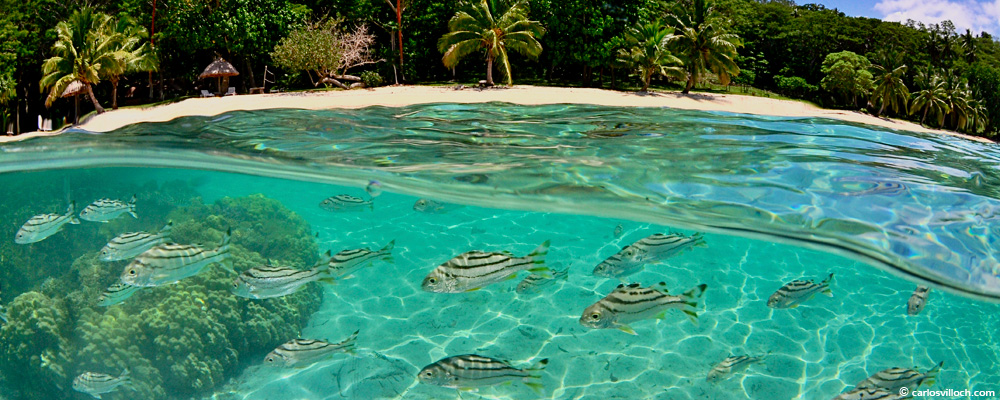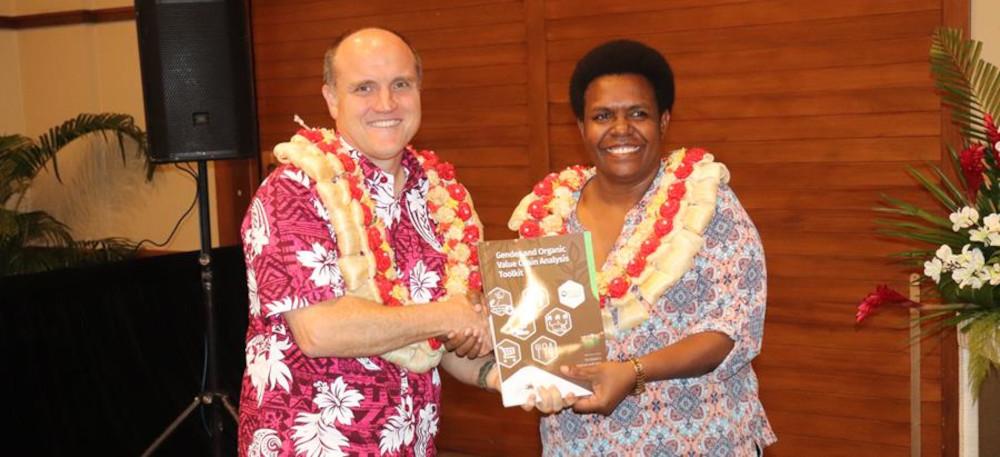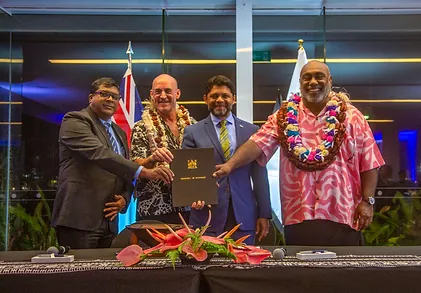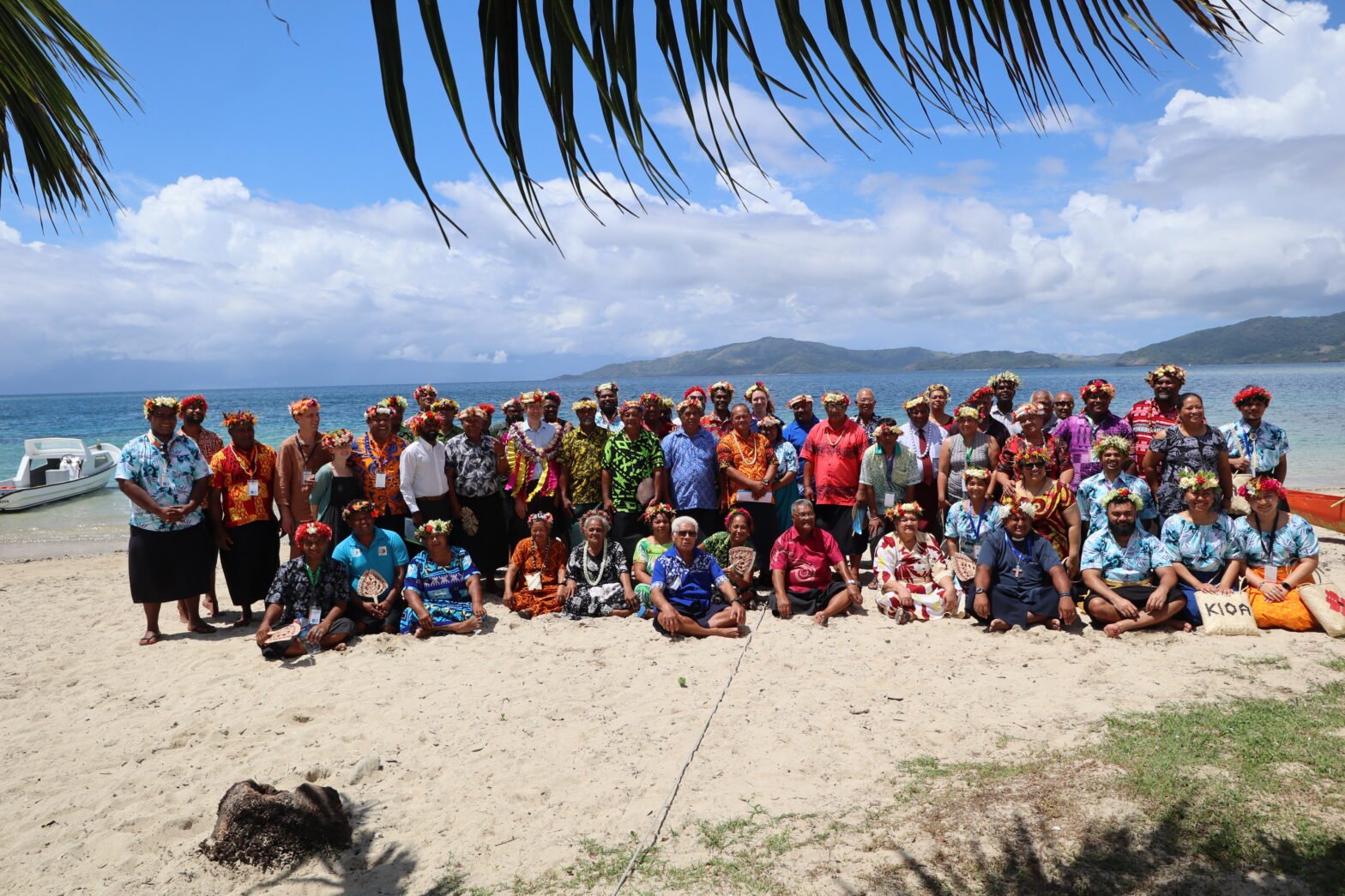Ambassador Peter Thomson urges people to use the circular system to ensure planetary resource sustainability
Fiji will continue to face extinction of its natural resources, if people continue to misuse our planetary resources.
UN Secretary General’s Special Envoy for the Ocean, Ambassador Peter Thomson made this comment while sharing his reflections on the International Year of the Ocean and the 2050 Strategy for the Blue Pacific Continent.
Ambassador Thomson said a circular system ensures resource sustainability.
“So, as I have mentioned before – the 70 percent extinctions in our working lifetime … it’s going to continue if we still have that mentality of the pursuit of finite planetary resources in a linear way. We’ve got to go circular.”
Thomson said the circular system includes natural reserve and safe haven projects to support healthy populations of threatened species.
He said this is such as the 30 percent Marine Protected Areas initiative.
Ambassador Thomson said this also ensures a sustainable blue economy.
Meanwhile, the first phase of consultations on the Lau Seascape and the Marine Protected Area 30×30 Initiative officially commenced Monday in Lomaloma Village, in Vanua Balavu.
Commissioner Eastern Vitale Varo, who is leading the team, says the commitment of the government will not succeed without the input of qoliqoli owners, whose contribution will greatly enhance the efforts to protect the ocean.
Varo informed the qoliqoli owners that while this initiative will not affect their immediate qoliqoli or the seas surrounding their island, it will have an impact on the open seas, where large fishing vessels frequently pass.
He said officials are there to gather input from qoliqoli owners, their views on this important government commitment, which will benefit future generations.
Conservation International Director, Mere Lakeba, said this is a huge commitment by the government and the 15 potential sites in Fiji’s offshore ocean space that account for 30 percent of Fiji’s Exclusive Economic Zone (EEZ) have been identified, with 8.3 percent of the sites within the Lau seascape.
The first phase of consultation will cover Vanua Balavu, Cicia, and Nayau from the 18-21 of October, while the second phase will cover the rest of the Lau Group. The team included government representatives, Conservation International, and the International Union for the Conservation of Nature.
This story was written by Simione Tuvuki, originally published at FBC News on 19 October 2022, reposted via PACNEWS.




